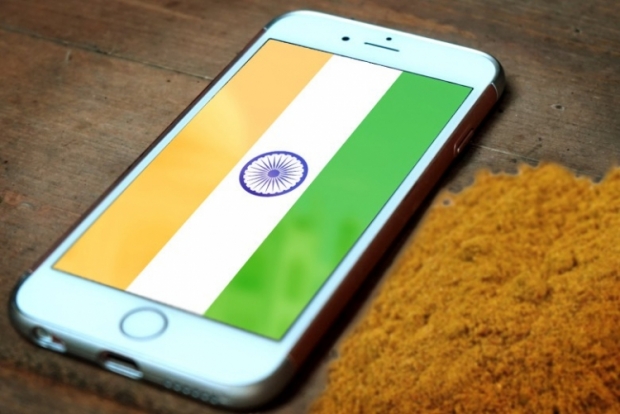The countries three main carriers are facing crippling debts after losing a case in India’s Supreme Court.
The carriers were told to front up with an extra $13 billion.
Vodafone Idea, India’s biggest carrier by user numbers, is widely regarded as most on the ropes, with parent Vodafone Group calling the situation “critical” after the unit was saddled with about $3.9 billion in fresh payments due.
Vodafone Idea this month booked a $7 billion quarterly loss, the biggest in Indian corporate history, in large part due to provisions for payments owed. Vodafone has written down the value of its 44 percent stake in the unit to zero and vowing it will not commit more equity to India.
Bharti Airtel, the number three provider, must pay $3 billion under the ruling, has also flagged distress, saying the decision casts much doubt on “its ability to continue as a going concern”.
The problem here is that the Indian telcos were already suffering before they lost the case. They all had huge debts and were having to face off in a price war.
Ironically it looks like the only way they will stay afloat is with government aid.
The government deferred upcoming spectrum payments for the next two financial years until March 2022. Finance Minister Nirmala Sitharaman also said this month that relief is under consideration although no final call had been made.
Another concern for the government is that if one or more of the telcos goes under then competition will be limited. If Vodafone Idea were to fail, customer options would dramatically shrink and the networks of the two remaining major carriers would be further overloaded, exacerbating patchy coverage and call drops common in India.
In addition to the two-year moratorium, Vodafone Idea and Bharti Airtel are asking the government for cuts to license fees and taxes, as well as waivers for interest and penalties.
The current turmoil in the sector is also likely to further dampen interest in an auction of 5G airwaves expected before end-March. All three firms have warned the base price set by the government is too high given that India’s user fees are among the cheapest in the world.




